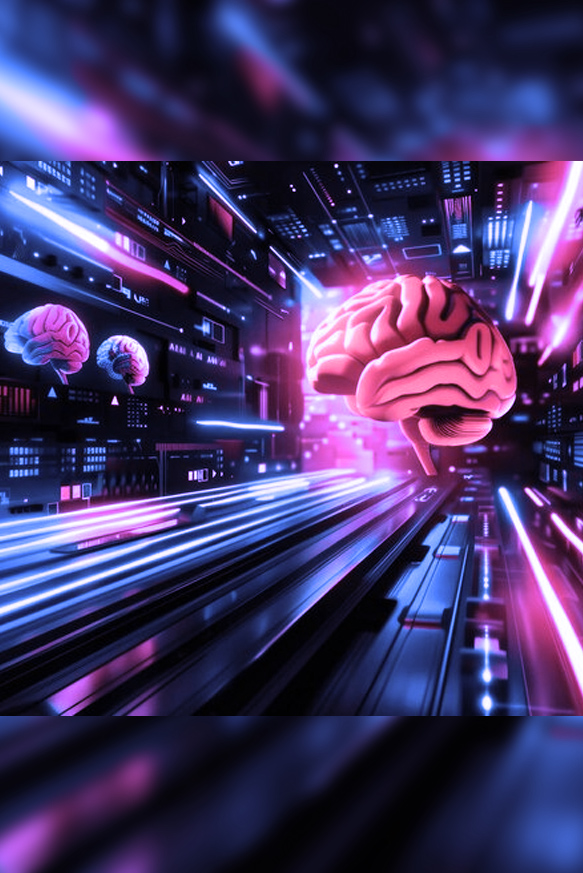Stay ahead with the latest AI trends shaping the future of business automation.
Artificial Intelligence (AI) is no longer a futuristic concept; it’s a driving force in the evolution of business automation. As companies strive to streamline operations and stay competitive, keeping an eye on emerging AI trends is essential. In this article, we explore the key developments in AI-driven business automation and how they are shaping the future of work.
1. Hyperautomation: The Next Level of Efficiency
Hyperautomation goes beyond traditional automation by combining multiple technologies like AI, machine learning (ML), and robotic process automation (RPA). This trend enables businesses to automate complex processes end-to-end, creating seamless workflows. With hyperautomation, companies can achieve unprecedented efficiency and scalability while reducing manual intervention.
Key Benefits:
- Faster decision-making through real-time data processing.
- Greater flexibility in adapting to changing business needs.
- Significant cost savings across operational processes.
2. AI-Enhanced Personalization
Personalization has become a cornerstone of customer experience, and AI is taking it to new heights. By analyzing customer data, AI can predict preferences, behaviors, and needs, enabling businesses to deliver tailored experiences. From personalized marketing campaigns to adaptive user interfaces, this trend ensures deeper engagement and loyalty.
Example Applications:
- AI-powered chatbots offering customized solutions.
- Dynamic product recommendations in e-commerce.
- Predictive analytics to anticipate customer needs.
3. Intelligent Document Processing (IDP)
AI-driven document management is transforming how businesses handle paperwork. IDP technologies combine OCR, natural language processing (NLP), and AI to extract and process information with remarkable accuracy. This trend is particularly relevant for industries dealing with large volumes of forms, contracts, and invoices.
Impact on Business:
- Faster document turnaround times.
- Reduced errors in data extraction.
- Enhanced compliance through automated checks.
4. AI-Driven Decision-Making
AI’s ability to analyze vast datasets and identify patterns makes it a valuable tool for strategic decision-making. Businesses are increasingly relying on AI for forecasting, resource allocation, and risk management. This trend ensures decisions are data-driven and more accurate than ever before.
Industries Benefiting:
- Finance: Portfolio optimization and fraud detection.
- Supply Chain: Demand forecasting and inventory management.
- Healthcare: Patient diagnosis and treatment planning.
5. The Rise of Low-Code/No-Code AI Platforms
Low-code and no-code platforms are democratizing AI adoption by enabling non-technical users to create and deploy AI-driven applications. This trend empowers businesses of all sizes to harness the power of AI without the need for extensive technical expertise.
Advantages:
- Faster development cycles.
- Cost-effective implementation.
- Accessibility for small and medium-sized enterprises (SMEs).
6. Ethical AI and Compliance
As AI becomes more prevalent, the importance of ethical AI and regulatory compliance is growing. Businesses are focusing on transparency, accountability, and fairness in AI algorithms to build trust with stakeholders and meet legal requirements.
Key Areas of Focus:
- Ensuring unbiased decision-making.
- Protecting user data and privacy.
- Complying with industry-specific regulations.
Conclusion
AI trends in business automation are shaping the future of how organizations operate, compete, and innovate. From hyperautomation to ethical AI, these developments highlight the transformative potential of AI technologies. By staying ahead of these trends, businesses can not only optimize their processes but also drive growth and resilience in an ever-changing world.
Explore Terranoha’s AI-driven solutions and see how we can help your business embrace the future of automation.


